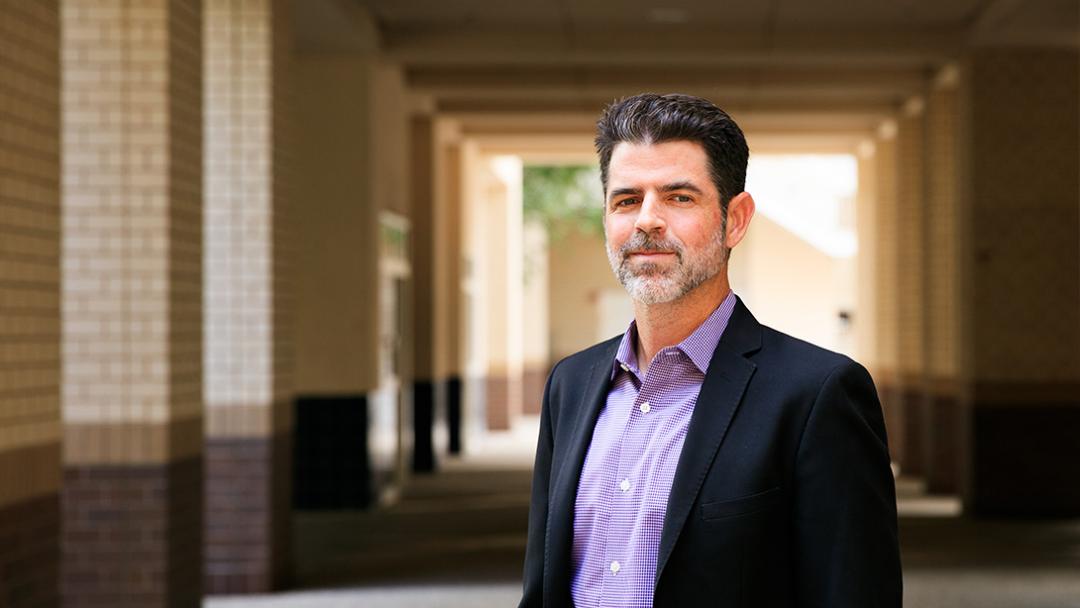
A research article by Nicholas Scurich has been named noteworthy by the Journal of Forensic Sciences.
Scurich study named a JFS 2024 Noteworthy Article
The Journal of Forensic Sciences named a study by Department of Psychological Science Chair and Professor Nicholas Scurich, two of his UC Irvine colleagues and a Los Angeles Police Department scientist a JFS 2024 Noteworthy Article.
Scurich was the lead author of “How signature complexity affects expert and lay ability to distinguish genuine, disguised and simulated signatures,” which was co-authored by Professor Emeritus of criminology, law & society William C. Thompson, Provost/Executive Vice Chancellor/Distinguished Professor of statistics Hal Stern and LAPD forensic document examiner Miriam Angel.
Their article examined the ability of forensic document examiners and laypeople to distinguish whether signatures are genuine or forged – work that is crucial in legal cases involving fraud, forgeries, contract disputes and criminal investigations. The study found that:
- Signature complexity (the level of intricacy and uniqueness in an individual’s signature) is an important consideration for forensic document examiners.
- Signature complexity impacts expert and lay ability to distinguish genuine from simulated signatures.
- Experts outperformed laypeople when examining high and medium but not low complexity signatures.
- Both experts and laypeople had serious difficulty recognizing disguised signatures.
“While examiners outperformed laypeople overall, the results nevertheless suggested a need for caution when evaluating low-complexity signatures and when evaluating whether a signature is disguised,” the article states. “In many cases, the nature of the evidence may mean that a strong opinion (or any opinion) on authorship is unsupportable. Recognizing the limitations and strengths of forensic document examination as a discipline will remain a key aspect of successful forensic practice.”
The study was funded by the Center for Statistics and Applications in Forensic Evidence (CSAFE), which is headquartered at Iowa State University. Stern is a CSAFE co-director and research leads include him and his UC Irvine colleagues Thompson, criminology, law & society Professor Simon Cole and computer science Chancellor’s Professor Padhraic Smyth and Professor and Chancellor’s fellow Charless Fowlkes.
A link to “How signature complexity affects expert and lay ability to distinguish genuine, disguised and simulated signatures” is featured in a special 2024 JFS Noteworthy Articles collection on the JFS homepage. It will also be promoted at the American Academy of Forensic Sciences’ 2025 Annual Scientific Conference in Baltimore as well as on the AAFS/JFS website, in the AAFS newsletter, via AAFS social media platforms, and on JFS Wiley Online Libraries. As part of the initiative, the article will be given free access through the end of March.
— Matt Coker